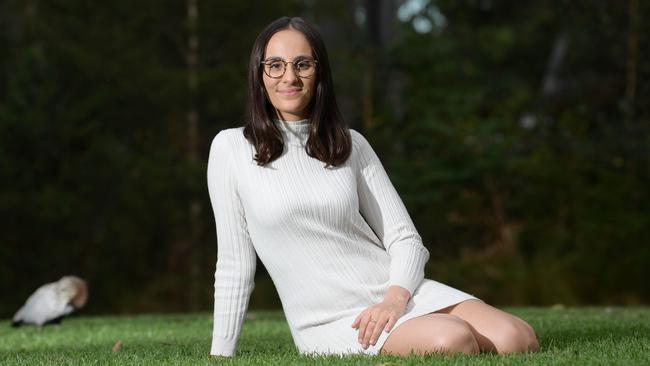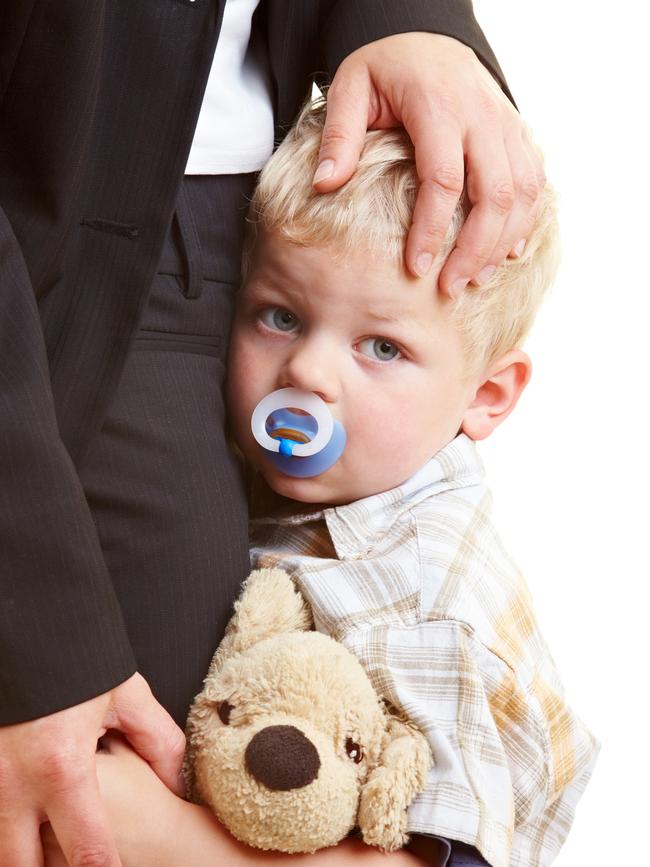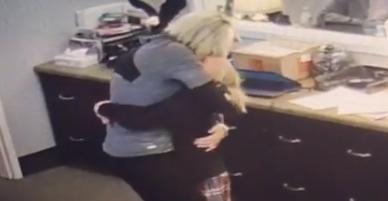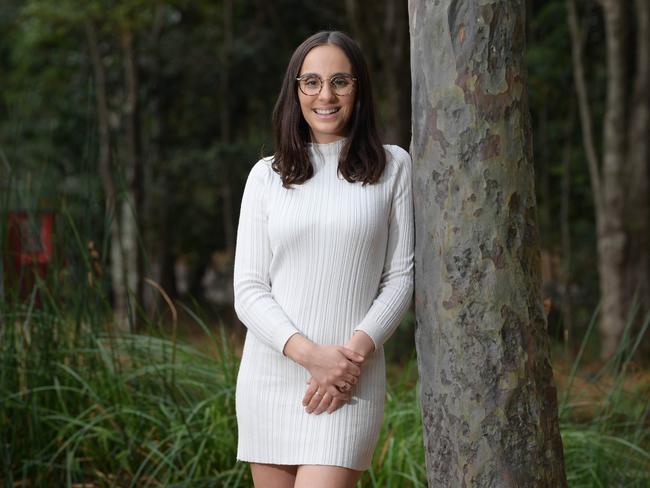NSW adoption process eased to allow children quicker access to better lives
ADOPTIONS of the state’s most vulnerable children will be fast-tracked under a sweeping crackdown on birth parents who try to stop their kids enjoying a better life.

NSW
Don't miss out on the headlines from NSW. Followed categories will be added to My News.
ADOPTIONS of the state’s most vulnerable children will be fast-tracked under a sweeping crackdown on birth parents who try to stop their kids enjoying a better life.
Case workers will no longer have to spend years trawling social media and knocking on doors to get consent from a birth parent for the child to be adopted into a loving and stable home.
Consent will also no longer have to be secured from birth parents who are in jail for an offence against the child.

And parents who have repeatedly refused to comply with “parental duties” will also lose their right to block an adoption.
Minister for Family and Community Services Pru Goward said the reforms were needed to resolve life-changing adoptions more quickly.
The department has been instructed to finalise foster child adoptions within two years — more than halving the current waiting time.
“If a birth parent does not want anything to do with their child then they should lose their right to have a say,” Ms Goward said.
RELATED:

Birth parents are causing adoptions to drag out for up to six years especially when they can’t be found despite agreeing to keep FACS informed of their whereabouts.
“Sometimes caseworkers spend countless hours trying to find parents who do not want to be found,” Ms Goward said.
The reforms were put to state Cabinet yesterday and met with overwhelming support. They will now be put to the public for consultation.
In July 2016 the adoptions of 507 foster children were caught up in red tape but the Adoptions Taskforce has slashed this to 260 children.

The new laws will further reduce the number of children caught up in the backlog.
Also under the changes, parents’ right to be advised of an adoption is “limited” if the child is over age 12 and has consented to adoption.
Caseworkers will be directed to consider adoption possibilities as early as possible. The legal jurisdiction for foster child adoptions will move from the Supreme Court to the Children’s Court.
Wollongong University student Lynette Hughes, 22, was placed in foster care at age three and adopted by her longtime carer at age 12.
“I really felt like my birth mother wasn’t my mother but I still had this weird legal attachment that didn’t feel natural to me and it wasn’t. This person who is now my adopted mother is my mother,” she said.
